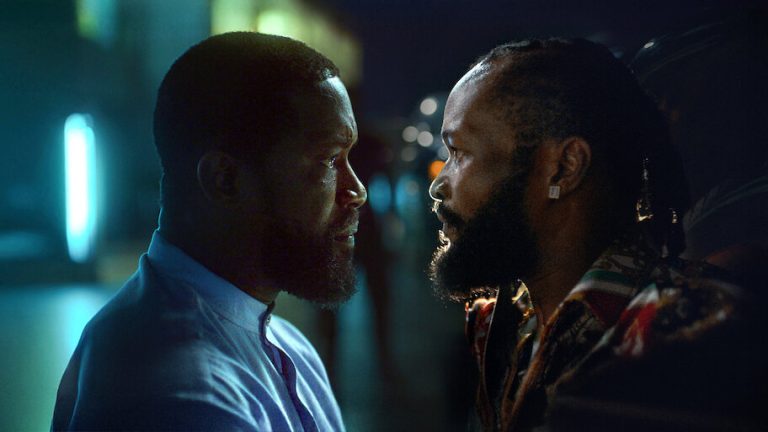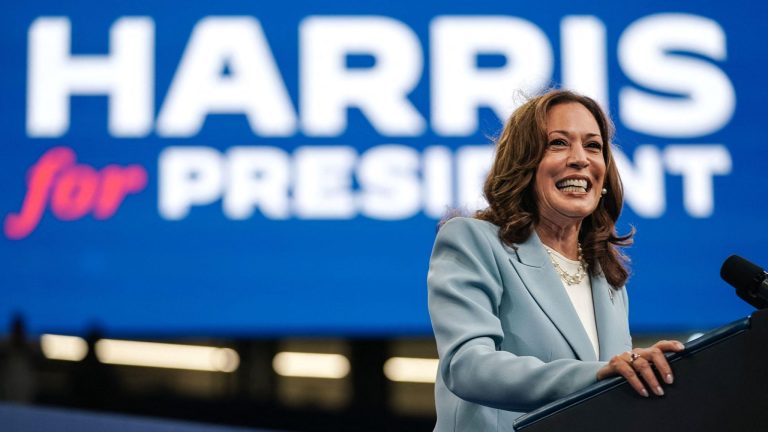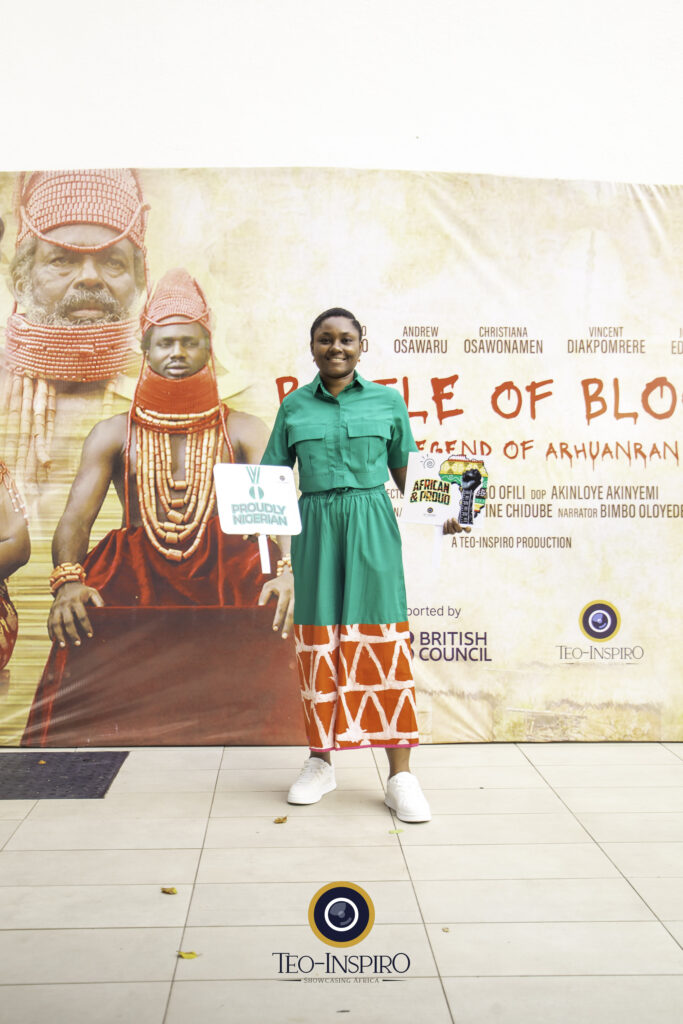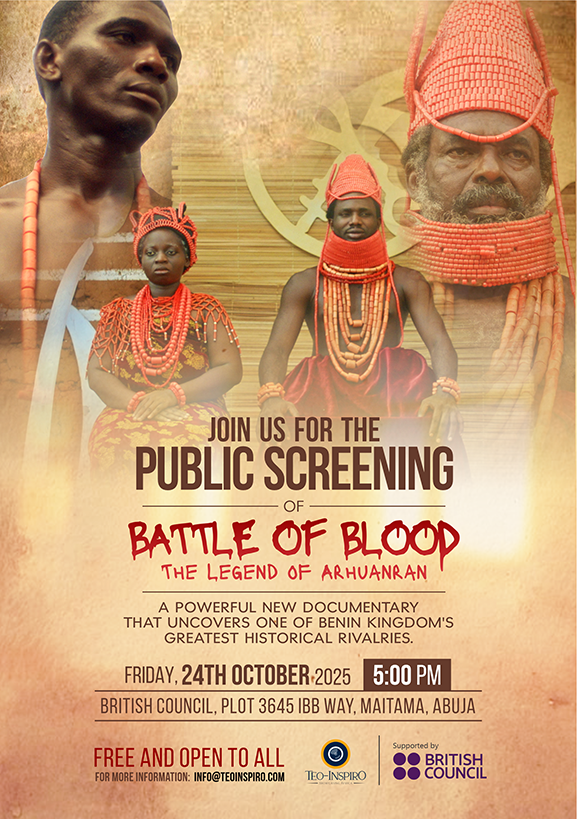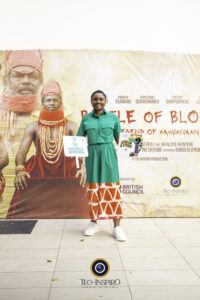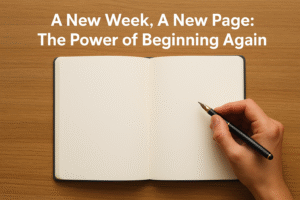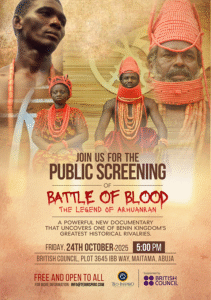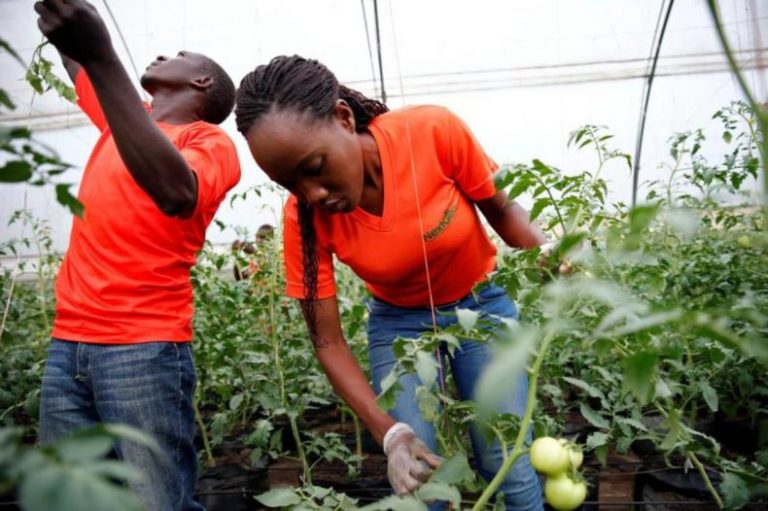As we continue the conversation around dealing with the culture of shame in Africa, I share some examples of ways we exhibit this culture.
Indigenous Names
Growing up, many people were ashamed of their native names. They would rather bear western names than proudly identify with their native names. The current trend is people now modernize their native names; for instance, Oghenefego could become ‘FIGO’ or Chinaza becomes ‘NAZA’ or Osinachukwu becomes ‘SINACH’. I think your name should embody the essence of who you are and what you carry inside. When we try to tush up our indigenous names, we lose the meaning and the spirit of the name.

Speaking Our Local Languages
Did you ever get punished for speaking vernacular or pidgin English in school? 😂 If you did, raise your hand 🙋🏽♀️🤣. Honestly, thinking about it is so funny. Just like kids being flogged because their parents haven’t paid their fees (story for another day). I wish I could speak my language more fluently; I learned the little I know from songs and listening to adults speak around me while I was growing up. The only deliberate effort to teaching me Isoko was when my dad would send me or my siblings on errands using our local language and we had to figure out what he was saying. But this didn’t last long enough; he had to travel for work or got busier at some point.
My major concern right now is preserving our languages so they do not go extinct in another 100 years. This will not happen by chance; we need to be deliberate about preserving them by teaching our children how to speak their native language.
NB: If we want to really reduce illiteracy in Nigeria and across Africa, we would have to promote learning in our local languages.

Eating Our Local Food
In primary school a classmate of mine was ill in school and he was asked if he had eaten anything that morning. The teachers wanted to know if he could be given medication or not. He told them he had eaten and that he ate bread and tea that morning. As his condition got worse, he began to vomit. He was throwing up balls of eba; surprisingly everyone kept a straight face like we didn’t hear him say he ate bread and tea for breakfast. The only reason my classmate lied about his meal was because he was ashamed to say he ate Eba and soup in the morning. Why?! Because he will be shamed by his peers. We might begin to see him as being poor or whatever he was afraid of. When I began this conversation about dealing with the culture of shame, I mentioned that “we are either shaming people or trying to avoid being shamed.”
Why do children grow up disliking their local delicacies? Even adults have a similar perception; we erroneously believe our local dishes are unhealthy or low class. Have you ever wondered why many people are not proud or so comfortable eating fufu and egusi soup at a party 🤷🏽♀️? Let me use this opportunity to let you know that our local foods are some of the most nutritious foods you can get all over the world. We have a beautiful array of vegetables, ingredients, spices, oils, nuts, etc.
I share these examples to provoke our thoughts, let’s begin to ask ourselves why we do what we do. Is it a coincidence that we all have similar dispositions in these situations?
Watch full video 👉🏾 https://youtu.be/FHWrGha01KU?si=wpmGaMlXN7x48mFy


